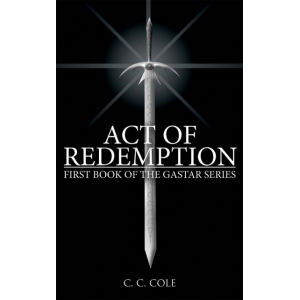- Author
- Book
- Story behind the book
- Media Links
- Reviews

Johan Schioldann
About
Johan Schioldann was born at Aalborg, Denmark, in 1941. He graduated in medicine from the University of Copenhagen and specialised in psychiatry. In 1984 he took up residence in Australia with his Australian wife. He is Emeritus Professor of Psychiatry, University of Adelaide.
Professor Schioldann’s research areas have included psychopathological art, pathography, medical historical bibliography, history of lithium therapy, and August Wimmer’s epochal concept of psychogenic psychoses. Schioldann’s DMSc thesis (Odense University 1983) examined the manic-depressive illness of D. G. Monrad, Prime Minister of Denmark during the Danish-German War 1864, in which she lost Schleswig-Holstein and Lauenburg, i.e. two fifths of her territory, and one third of her population.

Ascending Voice
Description
<p>Ascending Voice is a collection of love, loss, vulnerability and healing. The book speaks of self-love while finding the way through the lotus, a symbol of life. There are fifty journal pages at the end of the book to encourage any feelings that come up to be expressed. This journey of poetry and inspiring prose includes affirmations, mantras, and Dear Self letters. This book is for anyone who has ever been lost or through dark times and wishes to be inspired.</p>
Story Behind The Book
Media Links
Reviews
<span style="color:#363636;font-family:verdana;font-size:11px;">"Professor Johan Schioldann’s scholarly account of his detailed and painstaking investigations into the early medical uses of lithium and, in particular, into the manner in which this remarkable element was introduced into psychiatric treatment, represents a major contribution to the study of the history medicine.<br /><br />Although the ideas of Carl Lange, a Danish neuropathologist, and his brother Frederik (Fritz) Lange, a psychiatrist, have been referred to by a number of previous writers on the history of lithium therapy, it has fallen, fittingly, to one of their fellow countrymen to establish beyond any doubt the seminal importance of the work they carried out over a century ago. Adopting a narrative-analytical approach to his material, Schioldann has produced a rigorous and erudite account of a fascinating era in medical history, and has managed to do so in a wonderfully readable fashion.<br /><br />Even those with little or no background in medicine will be enthralled by the story that unfolds in this book: a story of the way in which ideas become disseminated, and of the interactions between ideas and those whom they touch.<br /><br />This book will be widely welcomed, not only by medical historians and by psychiatrists involved in the day-to-day practice of lithium therapy, but by all those who are fascinated by the way in which a deceptively simple chemical element led to a revolution in modern psychiatric medicine."<br /><br /><strong>Dr. F. Neil Johnson, author of <em>History of Lithium Therapy</em>. London: McMillan, 1984.</strong></span><div><span style="color:#363636;font-family:verdana;font-size:11px;font-weight:bold;line-height:13px;"><br /></span></div><div><span style="color:#363636;font-family:verdana;font-size:11px;font-weight:bold;line-height:13px;"><span style="font-weight:normal;line-height:15px;">"Armed with a historiography that most medics will empathise with, Professor Schioldann has tackled a hard problem and managed to advance the field. This advance not only concerns the history of lithium therapy, Schioldann providing penetrating analyses of the contributions of the Lange brothers in the late 1800s and John Cade in 1947–49, but also the history of psychopharmacology in general. He has re-mapped the field and shown that earlier maps were incomplete or inaccurate."<br /><br /><strong>Emeritus Professor G. E. Berrios, Chair of the Epistemology of Psychiatry, University of Cambridge.</strong></span><br /></span></div>






